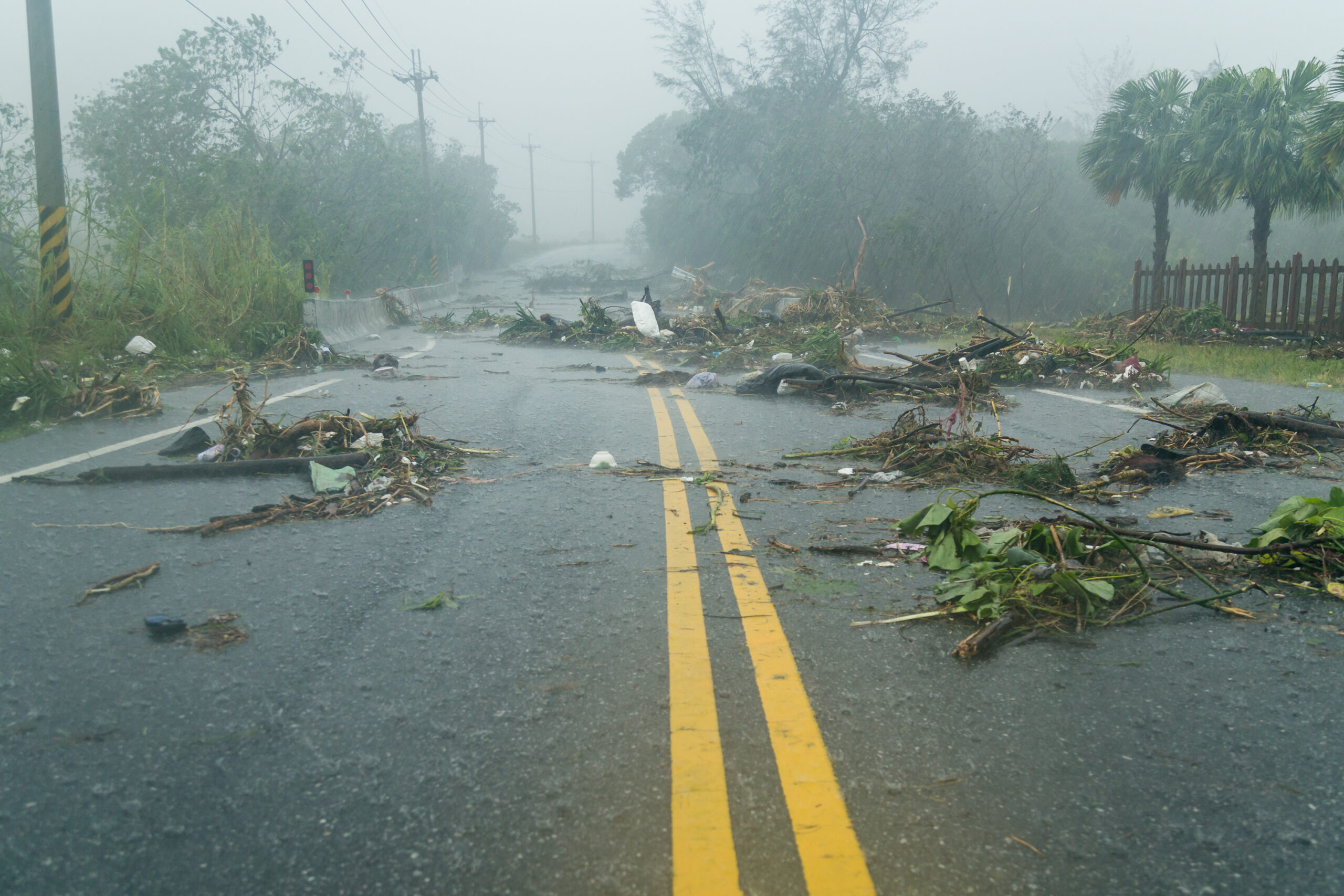The Two Biggest Challenges People Expect to Encounter
We polled the nation in October 2020, December 2020, and March 2021 to illuminate how US communities have experienced COVID-19. Explore the interactive data visualizations on this page to learn what US residents said they believe will be their biggest challenges in the future
Future areas of major need
We asked respondents to select the two issues that they thought would be their biggest challenges in the next two years. This question highlights how people are thinking about the future, and what challenges they feel lie ahead.
Thinking about the next two years. which of the following do you think will be the biggest challenges for you or your household? Please select the TWO options that best apply. Key Findings
- In October, two in three people (63.6%) anticipated facing one or more of the listed challenges in the next two years. In December, that number rose even further to 68.3%. In March, it fell to 63.6%.
- Emotional or mental health was the most cited expected future challenge in October (24.3%), December (27.3%), and March (25%).
- Respondents indicated that employment and the ability to pay for food and other basic expenses would continue to be a major challenge in the future.
- The challenges that respondents chose more frequently in March compared to December were the ability to get medicines or medical treatment (+0.4%), the ability to pay for medicines or medical treatment (+1.1%), and childcare (+0.6%).
- Although the proportion of respondents who said they expected to need help for their employment situation increased marginally from October to December, the number of people who said they expected to face other challenges related to economic security decreased overall from December to March.
The major challenges respondents expect to encounter in the next two years closely match the challenges that most impacted them in previous months. By comparing these responses for October and December 2020, we can see that the issues households faced commonly and are not being addressed in a way which leads respondents to believe these problems will disappear, even by 2022. From October to December 2020, economic challenges were among the most common challenges people are worried about encountering two years from now. However, by March 2021, there was a slight decrease in the proportions of respondents who said they believed those would be major challenges for them in the future.
Each of these economic and social challenges likely contributed to the high rate of respondents who said they expect emotional or mental health will be one of their biggest challenges in the next two years. Policy changes and shifting perceptions about potential for assistance in across the months of the poll may account for shifting attitudes related to the challenges respondents said they believe would be prevalent two years from now.
Explore more poll results:
Biggest Challenges | Challenges that Caused People to Seek Help | Future Challenges | Barriers to Help | Where People Received Help
Read more about our work on equity during the pandemic: COVID-19: Equitable Response and Recovery







